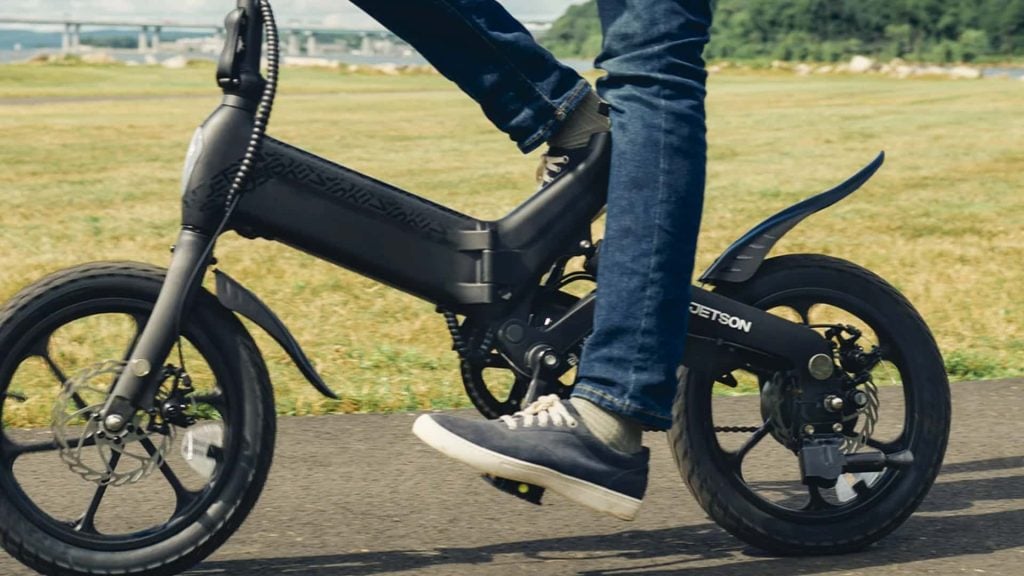Electric bikes aren’t just a sustainable alternative for commuting; they might also be a practical tool in the fight against Type 2 diabetes, according to a study by the University of Bristol. Often stereotyped as ‘cheating’ by traditional cycling purists, e-bikes are emerging as a valid form of medium-intensity exercise that could benefit those struggling to manage their diabetes.
The pedal-assist feature is a huge reason for this study’s success
The study focused on a diverse group of 16 individuals, averaging around 60 years of age, and most of whom already had some cycling experience. Over the trial period, 56.25% completed three or more guided cycling sessions, showcasing not just the feasibility but the enjoyment of e-biking. Participants found riding e-bikes less cumbersome than other forms of exercise, which has the added benefit of encouraging longer and more frequent rides.

So why are e-bikes winning favor among this group? The pedal-assist feature, for starters. This feature eases the strain on muscles and joints, making e-biking an approachable form of exercise for people of various fitness levels. Participants could ride longer distances without tiring, which is essential for effective diabetes management. Researchers also noted that people are more likely to stick to a workout routine when it’s fun, and let’s be honest, cruising on an e-bike is just that.
The urgency to find accessible solutions for managing Type 2 diabetes cannot be overstated. With nearly 480 million adults affected globally, lifestyle changes are imperative. Traditional exercise and diet modification have been the go-to recommendations, but they come with barriers like complexity and the need for high motivation. E-bikes can break down some of these walls by offering a less strenuous and more enjoyable form of physical activity. The Bristol study adds to a growing body of evidence suggesting that e-biking isn’t merely a fad but could be a game-changer in promoting a healthier lifestyle.
RELATED:
- Honda MEV-Van electric delivery van concept with removable batteries
- Bird’s New Revamped Electric Bikes have Location Tracking & Hydraulic Brakes
- Download the best GCam APK for Samsung Galaxy S23 Ultra
(Via)







